As the managing editor of Insteading, I get to learn a lot about farming and gardening from our writers as well as my own research. And every once in a while, I have the opportunity to attend conferences and classes.
Back in November, I had the pleasure of attending the 2017 Tilth Conference, organized and led by the Tilth Alliance. A merge of Seattle Tilth, Tilth Producers, and Cascade Harvest Coalition, the Tilth Alliance is a nonprofit organic gardening and urban ecology organization that is focused on gardens and farms, facilitating education to the community about those topics.
I was surrounded by those people that farm and garden every single day, rain or shine. I heard their questions and comments to the speakers, and many times I would scratch my head and wonder, “Wow, I hadn’t even thought of that!”
But without further ado, here is my experience attending my first Tilth Conference.
Workshops & Seminars
A big piece of the conference are the workshops. Held over the course of two days in five different conference rooms, there’s definitely no shortage of educational classes to attend. I noticed that the seminars were organized based on the broad subject, so if there was just one subject you were really interested in, you could spend the entire conference going to seminars on those topics.
For instance, if you were interested in agriculture and society, you could easily attend all of those, as the times are back to back. This is also a beneficial system for attendees who want to learn a little about a lot of topics, as you can switch from room to room, exploring a wide variety of topics.
That is exactly what I did. I wanted to really immerse myself in the world of farming, gardening, and the Tilth Alliance, and I think I successfully did just that.
While I ended up attending 11 seminars, I wanted to give you all a taste of what some of them looked like and how diverse everything really was!
Planning A Compact Farm Seminar
Providing his first-hand experience of managing a compact farm, Josh Volk of Slowhand Farm gave me insight into a world that I previously had little to no knowledge about, let alone from someone who is so invested in it.
Related Post: How To Start A Farm
He started the presentation with an introduction to his book, Compact Farms. In the book, we get a peek at 15 different plans for market farms, all of which are on 5 acres or less.
Josh then talks about his experience of running a small, compact farm. I found his experience really interesting because he talked not only about the positives but some of the struggles he’s faced along the way. One thing he mentioned that I really got a kick out of was that at one point he was delivering all of his restaurant orders and CSAs (community-supported agriculture) via bike. Now that’s sustainability.
From Hoof To Plate Seminar
Well, the title of this seminar pretty much speaks for itself. Here at Insteading, we have articles about raising pigs, raising sheep, owning chickens, and even buying ethical meat, but I’ve never had the opportunity to be immersed in the subject of, well, growing animals for their meat.
Being in a room with all sorts of farmers who had their own experiences of selling meat was both informative and intriguing. Presenter Rebecca Thistlethwaite did an excellent job of covering a wide variety of animals in such a short amount of time.
I truly felt like I walked away with loads of information that I had never known anything about in the past. Aside from learning so much about a broad topic, it was fascinating to listen to the Q&A throughout the presentation. Most everyone in the audience had a contribution to make from their own experiences of selling meat at market, whether that be struggles or successes.
From an outsider’s perspective, it was great to see such a community build right in front of my eyes! While the subject was, well, not what I talk about at coffee with friends, it was great to hear about it from people who raise animals for a living. And, I’ll admit, it was one of my favorite seminars that I attended.
Soil Biodegradable Mulch Film Seminar
While the first two seminars I attended focused on topics that were a bit more in my comfort zone, the third seminar I attended didn’t. And if I’m being honest, I’m totally happy that I took a plunge, because it was both informative and interesting.
In this seminar, Ruth Watts of BASF not only informed me of the problems associated with traditional mulch film but presented the audience with an alternative solution that I think many farmers and gardeners alike would be interested in. Soil biodegradable mulch film is an alternative that is both of the same quality to traditional materials but is a sustainable option that allows for degradation into the soil after use.
Related Post: Using Fall Leaves For Winter Mulch
I felt that the presentation did a great job of explaining everything from start to finish, as well as the price difference between the products.
Fresh, Local Shopper Data Seminar
What caught my eye about this seminar is that is focused on gathering data on farmers markets and how to use that data to better market your products, whether they be fruits and vegetables or artisan products. I studied marketing in college, so of course, I was drawn to something that was familiar.
Colleen Donovan along with the Farmer’s Market Coalition led a seminar that facilitated quite a discussion, with attendees adding in their own experiences of selling and markets, and how the data that was presented could definitely help them to better prepare what they wanted to sell and even how to price it.
Fueling The Farm With Local Organic Waste Seminar
This was a case where I stayed in the same room as Seminar 3, so the topics were definitely related. Andrew Corbin from Chomp Energy gave an overview of their small anaerobic digester which is working to transition farm and yard waste into renewable energy. They have the machines at a variety of different farm and locales, even at Fremont Brewing!
While the technical jargon was a little tough for me to work through, I thought the integration of sustainability, renewable energy, and farming was fascinating.
Building Soil With Hugelkultur
Much like the previous seminar, we have an article on Insteading about Hugelkultur, but it was an entirely different experience getting to hear someone present on the topic. Especially presenter Jarret Griesemer, who has three years of experience and ⅓-acre of built hugelkultur mounds on his resume.
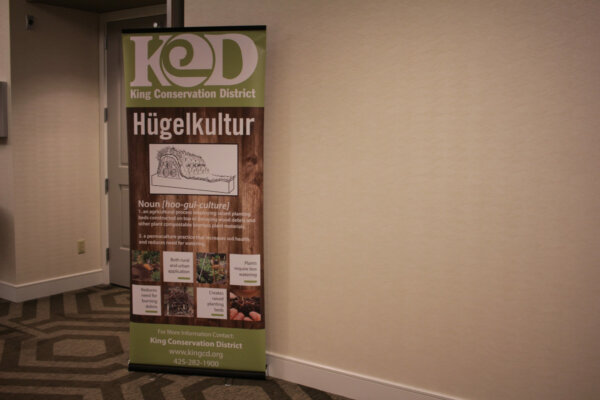
And while Jarret has been called a hugelkultur expert, he humbly claims that he just has really enjoyed doing it and outlined a fairly simple approach that I think would be beneficial to any gardener trying to enrich their soil.
Related Post: Hugelkultur
Here is his outline that he is used for just about every hugelkultur mound:
- Dig a trench.
- Gather materials – lots of wood, brown material, green material.
- Stack wood – big stuff on bottom, small stuff on top, a criss-cross pattern maximizes space.
- Add a layer of brown material.
- Add a layer of green material.
- Add a compost layer – optional, but beneficial.
- Add planting soil to the top.
Keynote Speaker: David Montgomery
Professor of Earth and Spaces Sciences at the University of Washington and author of “Growing a Revolution” and “Dirt,” David Montgomery is someone who knows soil.
As the keynote speaker, David was leading a discussion on bringing soil back to life, both on farms and at home. He discusses the issue of tilling the soil versus no-till farming methods and provides actual examples of how no-till farming has benefited a wide variety of farms in the long run.
Related Post: No Till Gardening: To Till Or Not To Till?
I felt that David really brought his own hands-on experience to the presentation, mentioning how over the course of 10 years, he and his wife were able to turn their overworked, heavily tilled soil into a vibrant, living garden. And from that experience, he developed a framework that could help others transform their soil into a much more microbe and nutrient-rich product.
He brought up some eye-opening factoids that display the importance of taking the necessary steps to develop rich and healthy soil that will fuel our farms for years to come.
Here are just some of the tidbits that had an impact on me:
- Conventional tilling causes 1.54 mm/year of geological erosion, while no-till causes only 0.08 mm/year of geological erosion. That’s a massive difference!
- Soil erosion played a major role in the demise of ancient civilizations, and we don’t want to replicate that!
- Rebuilding soil is key in sustaining farms in a post-cheap oil and fertilizer oil era.
- Conservational agriculture (no-till) has comparable yields to traditional tilling and requires less non-renewable energy sources like fossil fuel.
- Conservational agriculture leads to higher farm profits and less pollution in the long run.
- The fertility of the soil tends to exist in the upper layers, so no-till keeps those beneficial nutrients on the farm.
Trade Show And Snacks
There’s nothing better than a trade show and tasty snacks! There were a wide variety of vendors at the trade show: everything from chicken feeds companies and the Pike Place Market, to sustainability businesses and tractor sales. There was really something for everybody.



And yes, I did sneak out with some freebies. Arugula seeds from Cedar Grove and some sweet stickers from Pike Place!
Of course, we all get that mid-morning stomach grumble, and much to my surprise, the conference had little 15-minute snack breaks! At one point, the snack was a deconstructed s’more… and yes, that’s just as delicious and messy as you can imagine.
Final Thoughts
Overall, the Tilth Conference was quite the experience for me, both educationally and as a person who isn’t a farmer. I felt like I had the opportunity to see things from a farmer’s point of view, and it gave me a great insight into just some of the things that go into their daily lives.
Next year, I hope to attend again and experience the Friday Farm Tours. I think that would be an interesting part of the conference to attend, that I didn’t get the chance to this time around. I’m all for continued education, and conferences like this offer just that!
More About Tilth Alliance And Tilth Conference
Located in Seattle, the Tilth Alliance offers classes to both adults and children and has the mission of building an ecologically sound and viable food system. Through education programs, conferences, and community work, the Tilth Alliance brings much-needed support for gardeners and farmers alike. But why let me do the talking? Tilth Alliance is a well respected and educated organization in the PNW and beyond.
Tilth Alliance puts on the Tilth Conference every year in Vancouver, Washington. The conference is a gathering of farm and garden professionals, and that group of people is just about as broad as you can imagine.
With everyone from sustainable food advocates to farmers to students in attendance, it’s easy to see that the conference has an impact on every aspect of the food production process. Featuring over 30 workshops, keynote and capnote speakers, a trade show, and some tasty treats, the Tilth Alliance has no shortage of events.


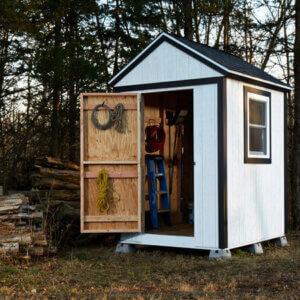

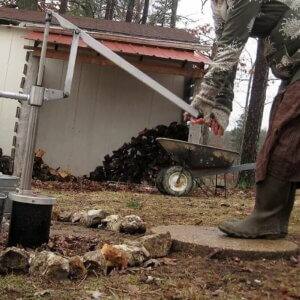


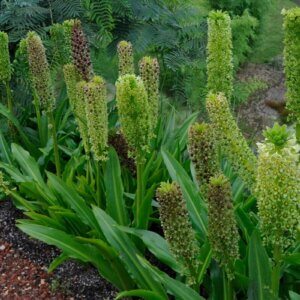

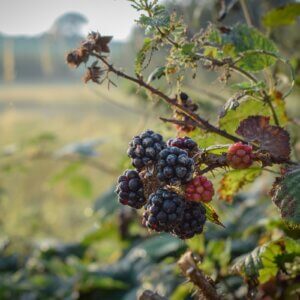
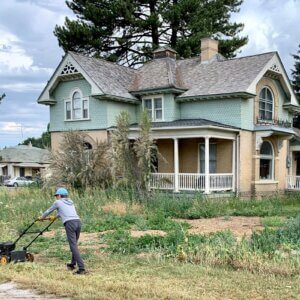

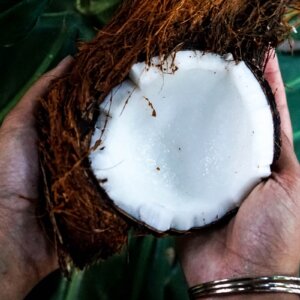
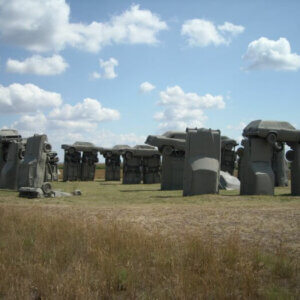
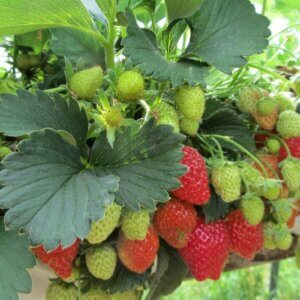
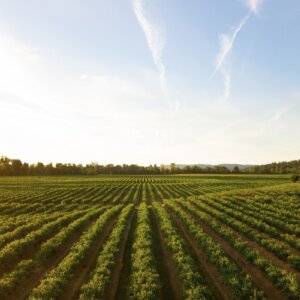
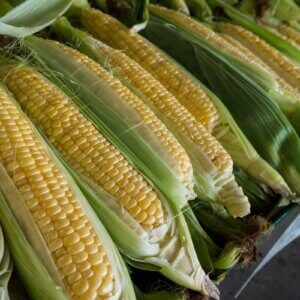
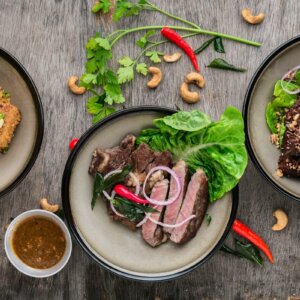


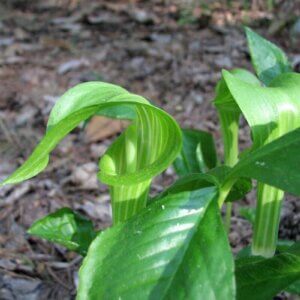
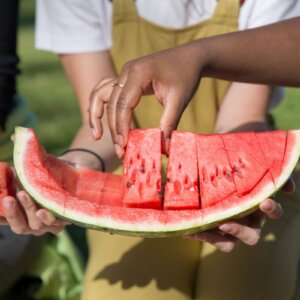


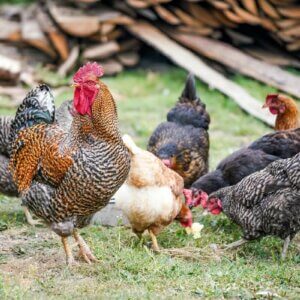

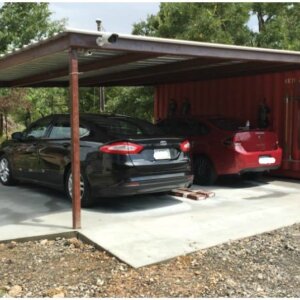
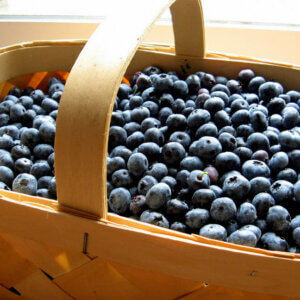

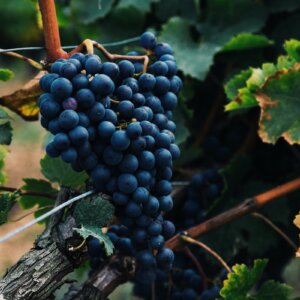



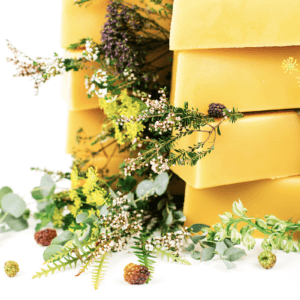

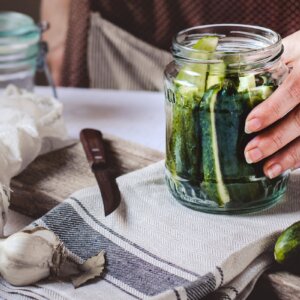
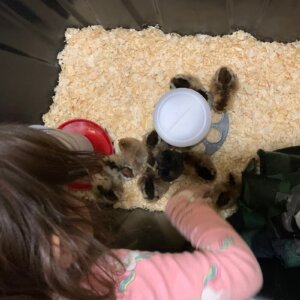
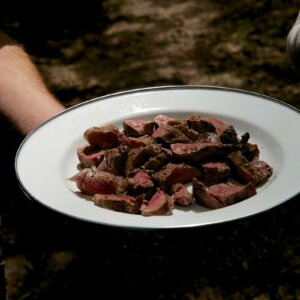


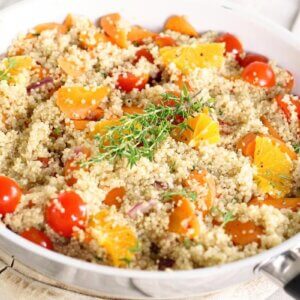

Leave a Reply